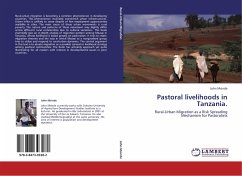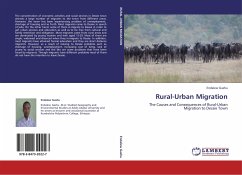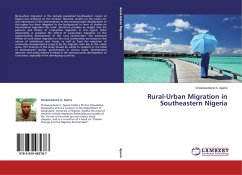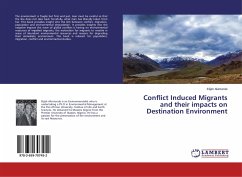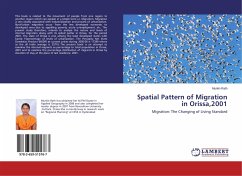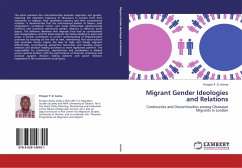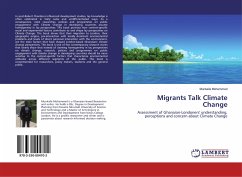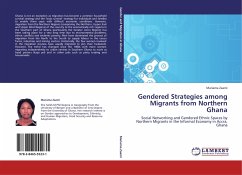Rural-urban migration is becoming a common phenomenon in developing countries. This phenomenon invariably overstretch urban infrastructures. Urban influx is unlikely to cease despite of few employment opportunities available in cities. The main cause of these urban movements is rural poverty. The nature and patterns of these movement may slightly differ across different rural communities due to cultural variations. This book essentially give an in-depth analysis of migration pattern among Maasai in Tanzania, whose livelihood is based greatly on pastoralism. It tries to relate migration theories and the way in which Maasai as a marginalised group tries to utilize and respond to rural-urban dynamics. The central argument in this text is to situate migration as a possible survival or livelihood strategy among pastoral communities. The book has scholarly approach yet quite illuminating for all readers with interest in developmental issues in poor countries.

